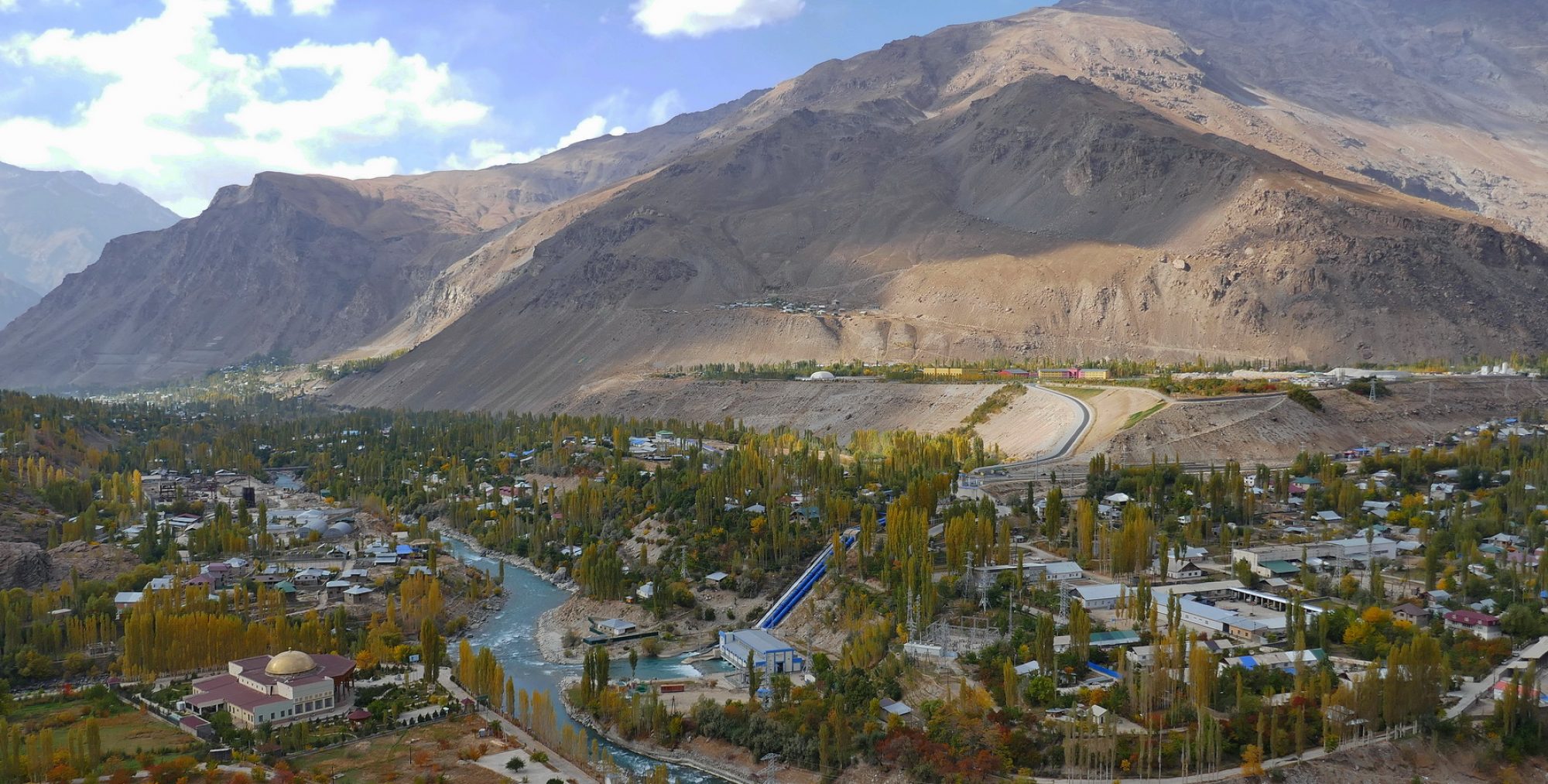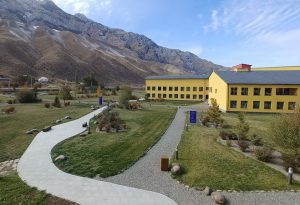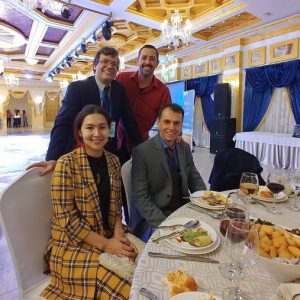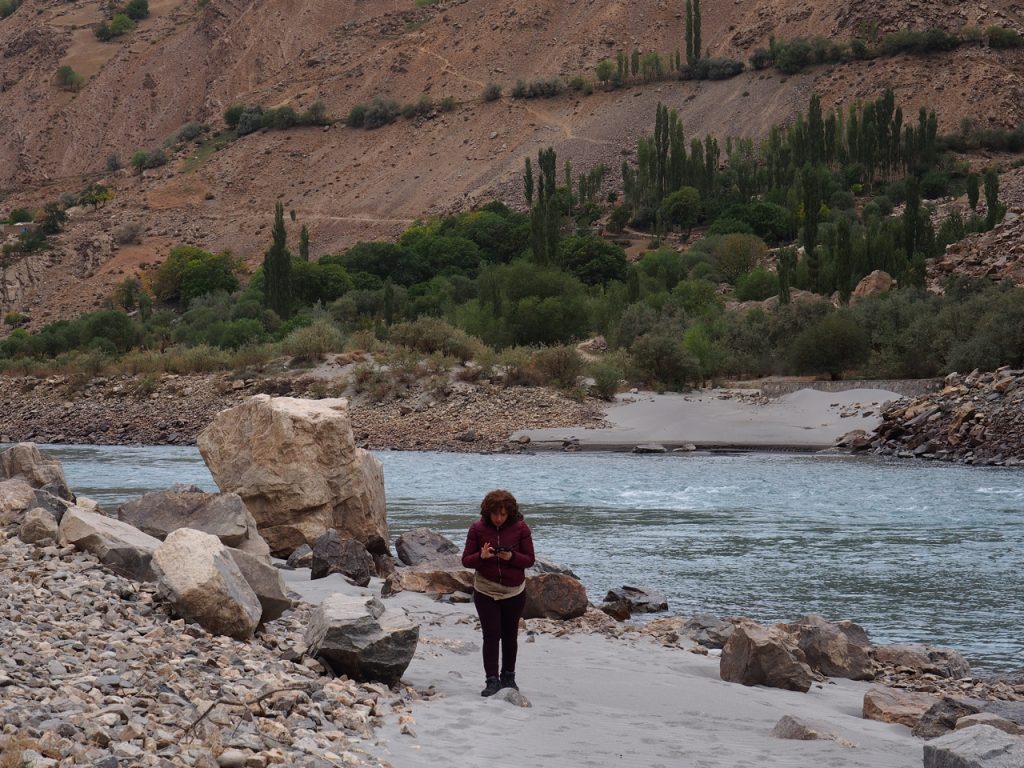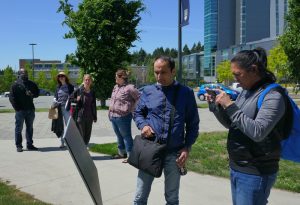A short photo-essay is now on UBC’s Vice Provost International website, with images, quotes from participants and brief descriptions of goals and accomplishments. See From the ground up: helping build a new university’s undergrad program in Central Asia.
Also, all 22 courses produced as part of this project are available for use in whole or in part by anyone at UBC’s two campuses. See our course list page for summaries of each. Please contact the Department of EOAS or Geography if you are interested in seeing any of this material.
